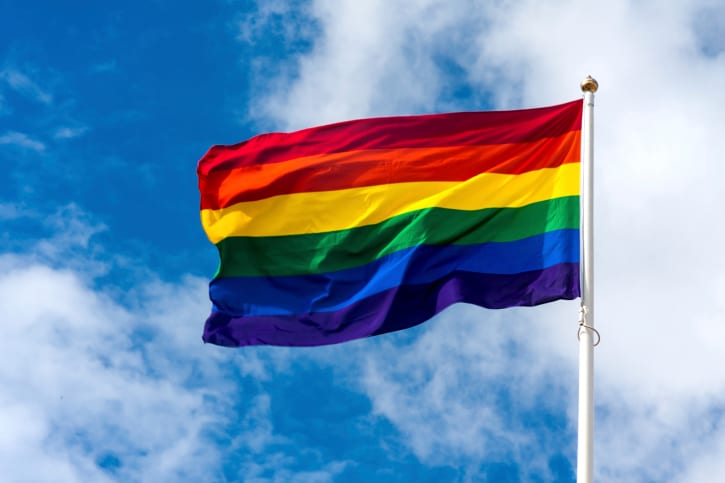- browse by category
- Audit Assistance
- Business and Taxes
- Celebrities in Tax Debt
- Cryptocurrency Taxes
- Economic News
- Foreign Banking
- Innocent Spouse
- IRS debt settlement
- IRS Headlines
- IRS Wage Garnishment
- Marriage & Divorce
- Payroll Tax
- Retirement
- Revenue Officers
- State Tax Headlines
- Stop IRS Debt
- Success Stories
- Tax and Politics
- Tax Attorney
- Tax Codes
- Tax Debt Help
- Tax Evasion
- Tax Levy
- Tax Lien
- Tax Payment Plans
- Tax Return Filing
- Tax Tips

Two of the highest-profile cases considered by the Supreme Court of the United States in 2013 are no doubt the ones focusing on gay marriage and same sex partners.
Indeed, thousands of protestors converged in Washington, D.C. on the two days of oral arguments to make their voices heard. It’s been one of the most contentious issues since the year 2000 came and went.
As Supreme Court Considers Same-Sex Marriage, Tax Changes Linger
The court is expected to issue its opinion in June 2013, and if the court strikes down the Defense of Marriage Act (DOMA) and/or invalidates gay marriage bans, there are set to be a host of tax ramifications for same-sex couples.
For starters, there is the marriage penalty. Before a couple gets married, they file their own, separate tax forms. After the knot is tied, however, their income in combined, most likely moving them into a higher tax bracket with a higher tax burden to boot.
Whether an increased tax bill would be a welcome thing for same-sex married couples remains to be seen, but it could just be a cost to love that same-sex couples would gladly pay. While there may be higher tax revenue from same-sex couples filing jointly, there could also be a host of benefits that would serve to cancel out any increased funds for Uncle Sam.
The federal estate tax exemption for married couples is one of those benefits. Currently, one spouse’s wealth can be passed to his or her surviving spouse exempt from the federal estate tax. Providing the benefit to same-sex couples could be big. The Census Bureau estimates there are 650,000 gay couples – married and unmarried. The Congressional Budget Office estimated in 2004 that there were 1.2 million people in same sex partnerships.
The judicial repeal of DOMA could also have tax implications for Social Security benefits. DOMA currently prevents gay couples from claiming survivor benefits. Married couples can claim that. DOMA’s repeal could bring higher taxes for recipients in same-sex marriages. After all, getting hitched taxes the benefits at a lower dollar amount.
Gay Marriage & Taxes
Whether Uncle Sam recognizes your marriage or not, you’re still not exempt from the long arm of the IRS. When it comes to not paying your taxes, the IRS treats everybody the same. But working with a tax professional increases your chances of not having to deal with an IRS wage garnishment, and getting to spend more time with the one you love.
Leave Comments

Top Tax
secrets revealed
Sign up for our newsletter and be the first to find out when exciting IRS news happens. Yes, exciting. We're really into taxes.


